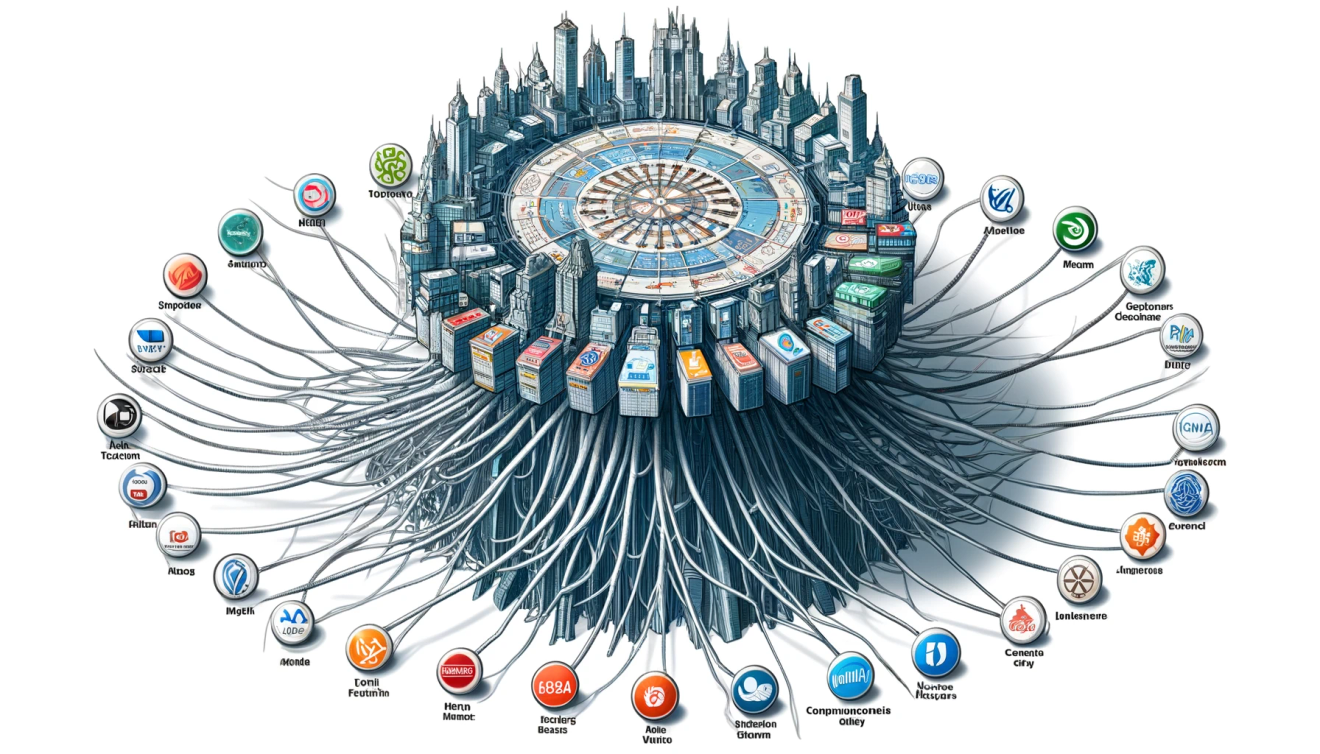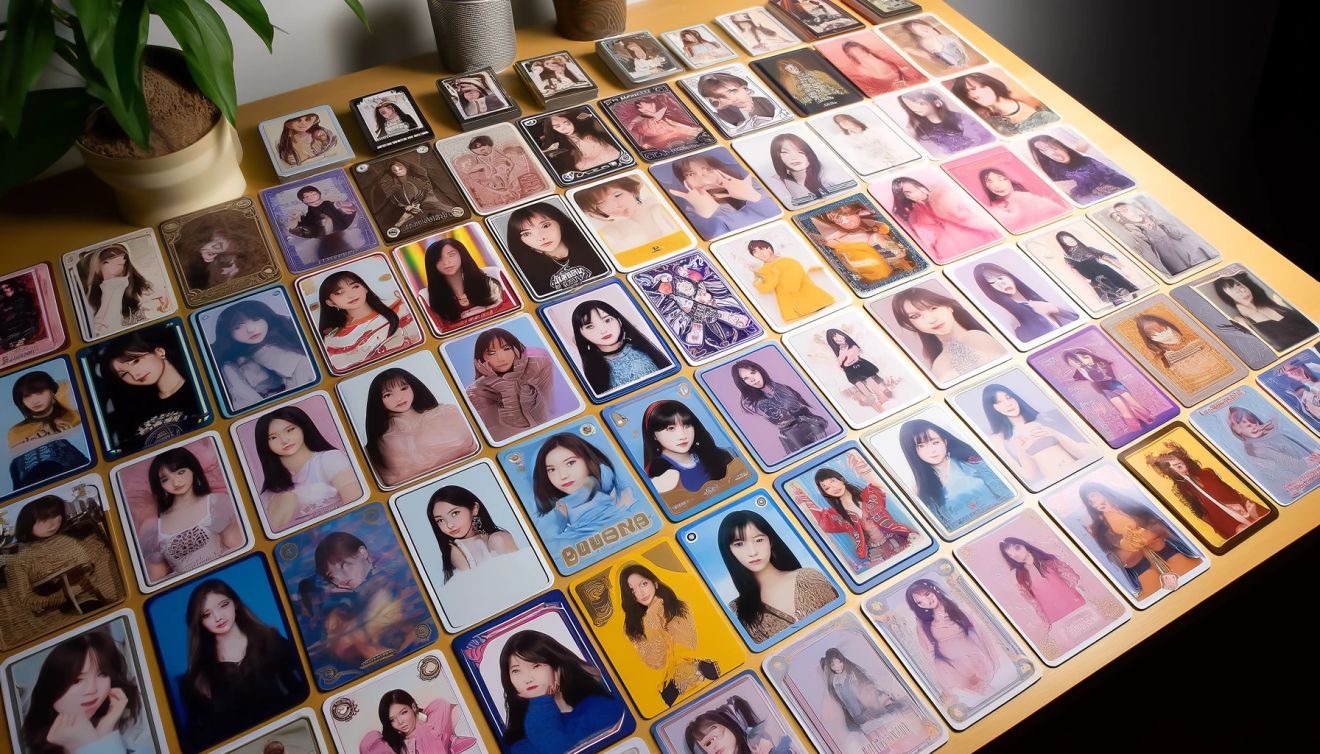- Conflict Between HYBE and ADOR's Min Hee-jin: Key Events and Analysis
- This article covers the conflict between HYBE and ADOR's CEO Min Hee-jin, including the NewJeans concept plagiarism controversy and allegations of a power grab. Following Min Hee-jin's press conference, public opinion has shifted, increasing the likelihoo
✏️ Want to see the previous post?
ADOR CEO Min Hee-jin recently pointed out the following problems in the Korean music industry during a press conference.
1. The negative consequences of a multi-label system centered around large corporations
HYBE currently operates 65 companies and 11 labels.
BIGHIT MUSIC: BTS
PLEDIS Entertainment: SEVENTEEN
ADOR: NewJeans
SOURCE MUSIC: LE SSERAFIM
Belift Lab: ILLIT, etc. Operates 11 label companies
Unlike SM and JYP, which are large-scale agencies, they operate alarge-scale departmental organizationsystem instead of dividing the company into separate legal entities like 'Branch 1, Branch 2.'
Differently, HYBE stands out for actively adopting and operating a multi-label system.
Based on BIGHIT, which created BTS, they sequentially acquired already established companies like SOURCE MUSIC, PLEDIS, and KOZ. Subsequently, they established new ventures like Belift Lab (jointly established with CJ ENM, followed by a stake acquisition) and ADOR over the past few years.
While existing companies employ a method of allocating various artists under different departments within a single company umbrella and managing them, HYBE has established a structure akin to a conglomerate, where each affiliate manages artists' activities.
As a result, HYBE's unique affiliate management model has been a driving force behind its record-breaking revenue growth over the past few years.
Each company has established a separate CEO system. Under the backing of solid capital, they operate their respective companies and guide their artists to success in their own ways.
The background behind adopting this approach involvesreducing dependence on specific artists,granting autonomy to each company, and simultaneouslyintentionally fostering healthy competition.

However, this rapid expansion has resulted incommunication issues,and many believe that the conflict between HYBE and ADOR stems from this issue.
There are alsoclashes between labels,and internal employees have reported that communication breakdowns often lead toconfusion regarding artists' schedules and concepts,suggesting that it has becomethe root cause of the current crisis.
Min Hee-jin claimed that this large corporation-centric multi-label system is negatively impacting the Korean music scene.
🔹 Limitations of the 'factory-style K-pop production' method: Plagiarism controversies
Min Hee-jin also raised concerns about plagiarism controversies surrounding the music and choreography of artists under ADOR.
She pointed out that these issues negatively affect both artists and consumers.
A representative of a mid-sized music agency commented, "As seen in the recent vocal ability controversy surrounding an artist at a US festival,when you debut many groups in a short period, it's inevitable that some members will lack the necessary skills.He added, "While this approach can lead to short-term growth for the K-pop industry,it could have negative long-term consequences.

2. Idol Photocards
Also known as 'Pokas', idol photocards are small card-shaped merchandise featuring photos of the artists, included in idol albums.
Fans enjoy collecting and exchanging these photocards, and they are considered an indicator of an idol group's popularity.
🔸 Photocard Purchase and Collection
When you purchase an idol album, a photocard is randomly included.
Fans purchase multiple albums to collect photocards or trade individual photocards online.
🔸 Growth of the Photocard Market
Idol photocards have gained popularity internationally along with the growth of the K-POP fandom and are exported overseas.
The photocard trading market is also expanding, and some fans invest a significant amount of money in collecting photocards.
While idol album photocards have become a medium for communication between fans and idols,a vicious cycle of fandom culture and commercialism,, unethical trading,, and excessive obsession among fans are also present.
🔹 Fandom Culture and the Vicious Cycle of Commercialism
The soaring prices of specific members' photocards havecaused inequality and conflict among fandoms,and there have been concerns that purchasing idol albums has become a means to participate in photocard lotteries.
Furthermore, the increasing practice of purchasing photocards without buying albums has raised concerns about hindering the healthy development of the music industry.
Some media outlets have reported on fans who are struggling with excessive consumption due to idol photos, highlightingirrational consumption patternsand potential economic hardship.
Why are teenage students these days referring to rare photocards as 'Banpo Jajeoi/Hannam The Hill'?
"Spending 10 million won on K-pop fandom" Global MZ generation enthusiastic about 'killing content'
🔹 Environmental Issues
After purchasing idol albums,discarded photocardsare generated in massive quantities, raising concerns aboutwaste of resources and environmental pollution.
<'Pretty Trash' collected to attend fan signing events... The shadow of 100 million album sales>
<Idol album 'Pokas' obtained and then thrown in the trash... Commercialism destroys the environment>
ADOR CEO Min Hee-jin publicly criticized the practice ofrandomly inserting photocardsthat encourages consumers to purchase albums repeatedly like lottery tickets and the so-called 'pushing out'(a practice where distributors and retailers purchase large quantities of new album initial releases, and agencies compensate them with fan signing events, etc.), stating that it isa practice that shifts the burden onto fans and disrupts the market.
"I wanted to show that NewJeans could achieve success without resorting to such tactics." she said.
💬 This recent issue between HYBE and ADOR CEO Min Hee-jinhighlights the structural problems within the Korean music industry.
Issues such as a large corporation-centric monopoly structure, unfair contract practices, and plagiarism controversies have been pointed out for a long time.
If these problems remain unresolved, it seems unlikely that we can expect the sustainable development of the Korean music industry.
In the future, it seems that in-depth discussions and the development of solutions for these issues are necessary.
Artists, agencies, and government and related organizations must collaborate to build a healthy music industry ecosystem.

![[르포]"K-팝 덕질에 1000만원 쓱"…킬링콘텐츠에 열광 글로벌 MZ](https://i2n.news1.kr/system/photos/2023/8/10/6153655/article.jpg?width=140&height=140)


Comments0